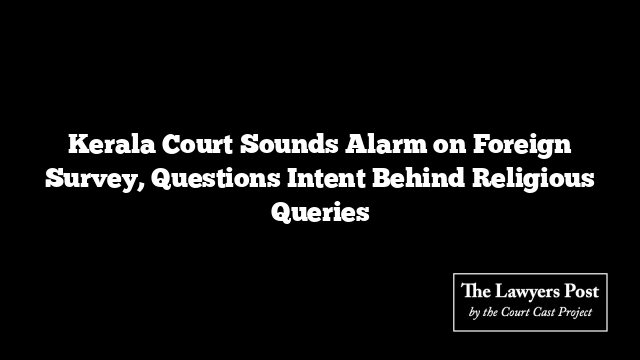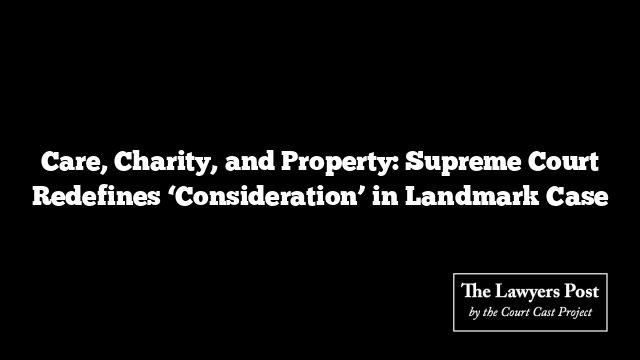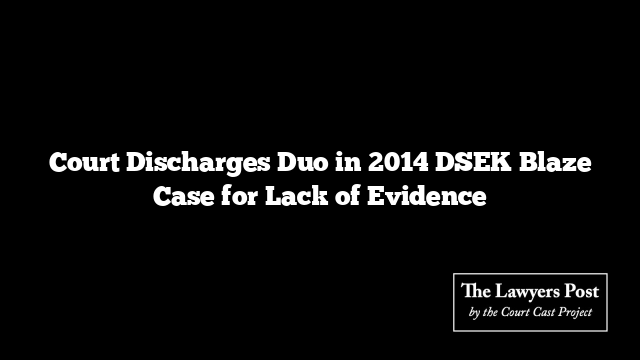The Kerala High Court has raised serious concerns over a socio-political survey carried out by an Indian firm on behalf of a U.S.-based company, calling its nature “suspicious” and potentially detrimental to India’s security and religious harmony. The case has prompted the court to call for scrutiny by the Central government.
The survey, conducted by Taylor Nelson Sofres (TNS India) under contract from Princeton Survey Research Associates (PSRA), faced backlash after provocative questions related to religion caused unrest in Thiruvananthapuram. Justice PV Kunhikrishnan questioned the motives of foreign entities undertaking such surveys and criticized the content as harmful to the nation’s social fabric.
“It is deeply concerning that a foreign company conducts a survey with such divisive questions in our land. In a Sovereign Socialist Secular Democratic Republic, these actions could threaten the integrity and unity of the nation,” the court remarked.
Provocative Questions Raise Red Flags
The questionnaire included contentious prompts such as:
- “How well do you understand the difference between Shia Islam and Sunni Islam?”
- “What poses the second greatest threat to Islam today?”
- “Why do you think figures like Usama bin Ladin have support?”
These questions, deemed insensitive and inflammatory, drew criticism for targeting specific religious communities. Additionally, the survey probed personal choices, such as women’s attire, further escalating tensions.
Court Orders Government Probe
Acknowledging the sensitivity of the matter, the High Court directed the Union Home and External Affairs Ministries to investigate the survey’s intent and legality. It emphasized that foreign organizations must secure government approval before conducting any survey within India.
Petition to Quash Denied
TNS India, which sought to quash charges of offending religious sentiments under Section 295A of the Indian Penal Code, argued the survey was conducted without incident in other locations. However, the court rejected this defense, noting the potentially destabilizing implications of the survey and the vulnerabilities of the chosen survey sites.
The court further questioned the relevance of certain queries, such as, “Are things in India generally going in the right direction, or are they going in the wrong direction?” Highlighting the inappropriate involvement of foreign entities in domestic sentiment analysis, the court stated, “What business does a foreign company have in questioning the identity and opinions of Indian citizens?”
Broader Implications
The ruling underscores the importance of protecting national sovereignty and religious harmony in an era where external influences can easily disrupt societal balance. The High Court’s directive for a deeper probe signals a commitment to ensuring such incidents are thoroughly examined and appropriately addressed.
This case serves as a reminder of the potential risks posed by unchecked foreign involvement in sensitive socio-political matters, emphasizing the need for vigilance and regulatory oversight.





